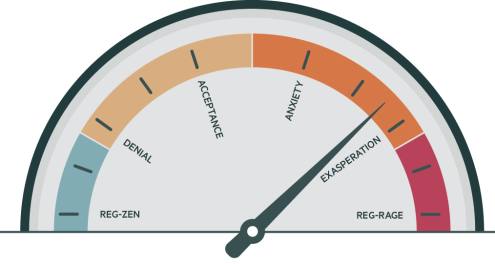In mid-December, Brazil’s congress approved a long-awaited constitutional amendment that will overhaul the country’s tax system.
While the 1988 constitutional reform ratified the country’s passage to democracy, the country’s tax system remained outdated, according to Luis Vicente De Chiara, executive director of legal affairs at Febraban, the Brazilian federation of banks. The latest reform revamps the existing consumption tax system, in place since the 1960s. It will replace five separate consumption taxes with a dual VAT system and will be phased in over eight years starting in 2026.













